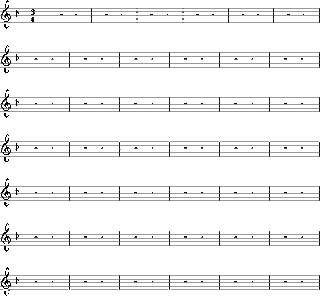Things to change?
Stereotyping/predjudice --- trayvon example
Recycling – mapping environmental good
Change of perception – dail activities change perception of norm – something meaningful or powerful missing – framing the daily – quotidian
Recycling on campus – public service for campus – mapping
Water fountains – encouraging non-use of water bottles
Switch general outlook – positive general experience – be happy experience
Clean up/appreciate under represented functions/people who do them
(trade – functional – water bottle )
turn it off event –
support recycling
support anti predjudice
(affect positive change)
change the environment –
What makes us angry?
rick santorum and other republicans – obamaville ad – politial brainwashing
closed planned parenthood in Odessa tx, -- no low cost health services –
big cities cut homeless shelters – LBGTQ youth services NYC made it hard to feed the homeless –
deforestation – destruction of natural habitats for animals
commercials on kids television – brainwash children into “want”
exploitation of small children – girls reality tv. Sexualization
ban reality tv
gmo foods
police state – state sponsored violence
bullying (power)
National Defense Act – detain and assisinate
Public school salaries – undervalued –

